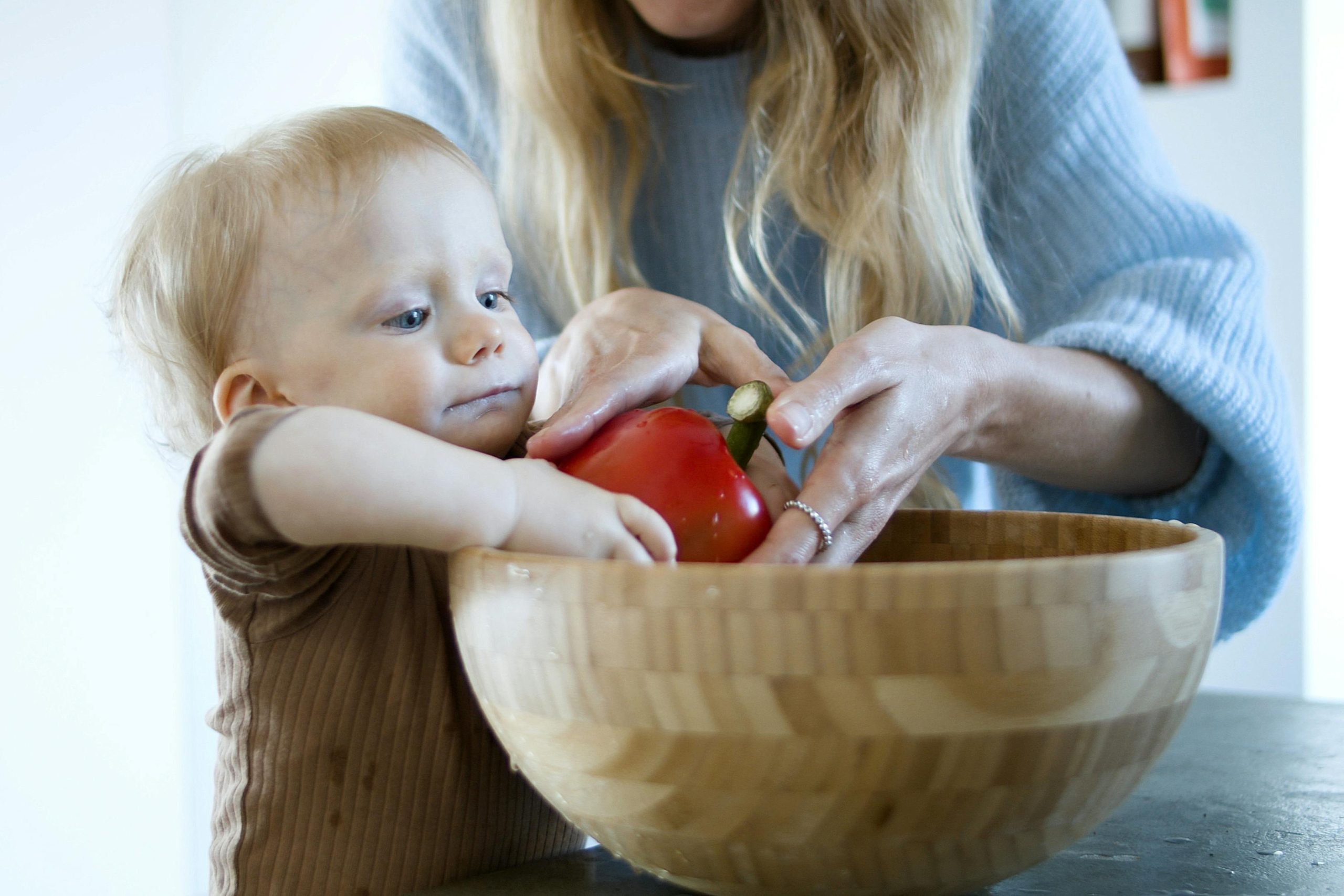Title: Navigating Confrontations: Protecting Children in Distressing Situations
In today’s world, witnessing child mistreatment can be both alarming and infuriating. Recently, I encountered an unsettling situation while shopping that forced me to grapple with the instinct to intervene when a child is in distress.
While at a local store, I noticed a woman aggressively striking her infant child—likely no older than 18 months—who was simply expressing discomfort through crying. The mother’s reaction was harsh and included not only physical strikes, but also verbal abuse, as she yelled threats at the child. Observing this level of aggression toward such a vulnerable infant was deeply troubling.
In a moment of impulse, I confronted the woman, urging her to stop the abuse. Surprisingly, she dismissed my concern, insisting that it was her prerogative as a parent to discipline her child however she saw fit. My frustration boiled over, leading me to physically restrain her against the wall, believing I was protecting the child. This action, however, only escalated the situation, and she ended up in tears as other shoppers noticed the commotion.
A store employee called the authorities after I expressed my concern for the child’s safety. Another witness came forward, corroborating my observations and confirming that there was surveillance footage capturing the incident. Store personnel decided to monitor the situation until the police arrived, ensuring that the mother couldn’t leave with the child in such a state.
As I left the store, my heart raced, a mix of adrenaline and moral conflict coursing through me. A friend later advised that my physical intervention may not have been the best course of action. Reflecting on this, I find myself questioning if my response was justified or if it crossed a line.
When faced with child welfare issues, it’s crucial to handle them with care. While the instinct to protect children is natural, it’s important to consider the potential consequences of our actions. Confronting a parent directly can escalate tensions and lead to unexpected outcomes.
In moments like these, it’s essential to prioritize the child’s safety while also seeking support from professionals or authorities trained to handle such situations—such as law enforcement or child protective services. It’s a delicate balance: advocating for those who cannot advocate for themselves while navigating the complexities of social interactions.
If you find yourself in a similar situation, remember that calling for help and documenting what you’ve witnessed can be the most effective way to ensure a child’s safety without putting yourself or others at risk.

No Responses